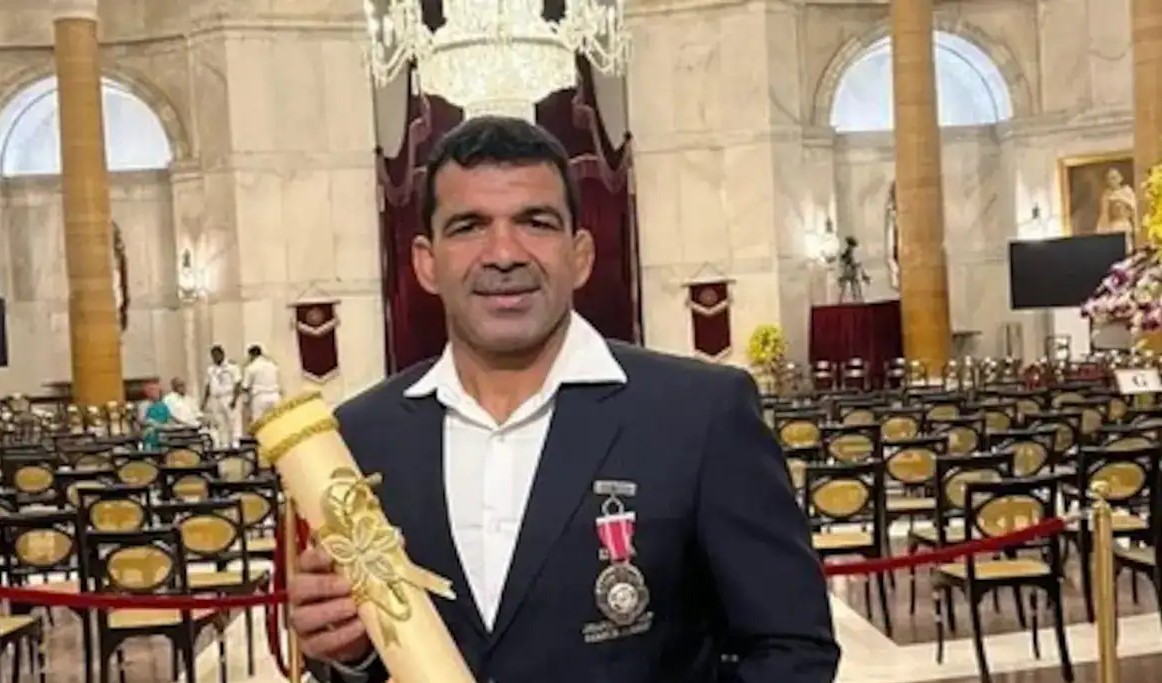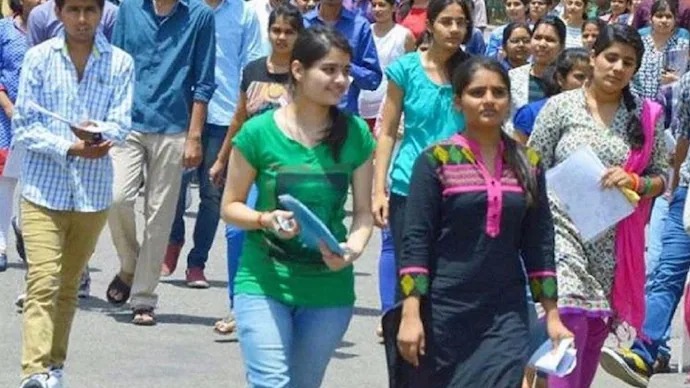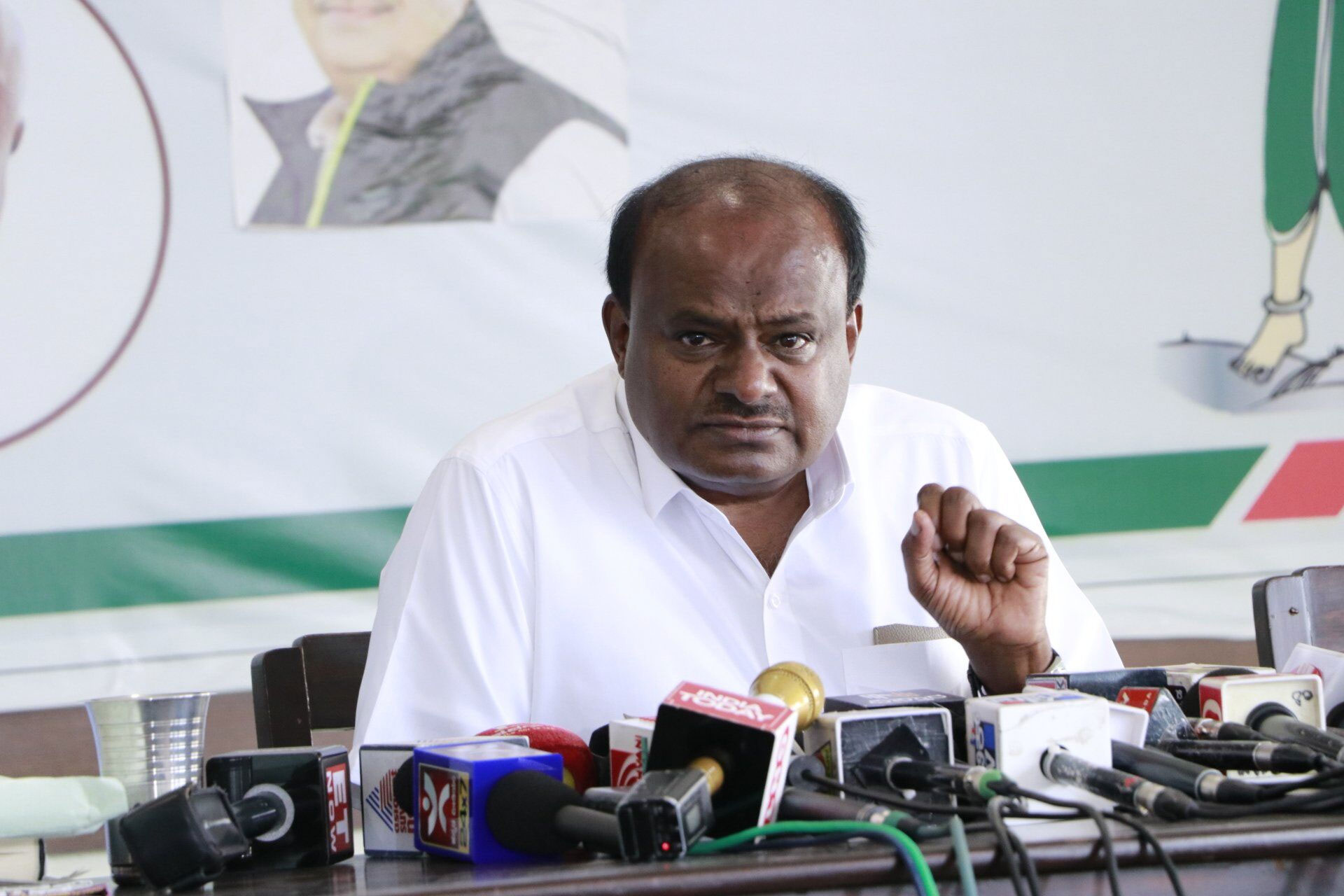Throwing his weight behind Olympic bronze medallist grappler Sakshi Malik, who announced her retirement from the sport soon after Sanjay Singh's victory in the recent WFI polls, Virender said he would return the honour as a mark of protest against the election of Brij Bhushan's close aide.
Bajrang Punia, one of the prominent faces of the protest against the former WFI chief, had returned his Padma Shri on Friday.
"I will also return the Padma Shri for my sister and the country's daughter. Honourable Prime Minister Shri Narendra Modi ji, I am proud of your daughter and my sister Sakshi Malikkh," Virender wrote on X. He also urged the country's iconic sports personalities such as Sachin Tendulkar and Neeraj Chopra to give their opinion on the issue.
"I would also request the top players of the country to also give their decision," Virender, said in his post, tagging cricket legend Tendulkar and Olympic champion javelin thrower Chopra.
Virender had received the Padma Shri, the country's fourth highest civilian award, in 2021. Before that, he was honoured with the Arjuna Award in 2015.
"I am returning my Padmashree award to the Prime Minister. This is just my letter to say. This is my statement," read a post shared by the Tokyo Olympics bronze medallist Bajrang on X.
On Thursday, Sanjay was elected as the president of the WFI after the panel led by him won 13 of the 15 posts. Sakshi, Bajrang and Vinesh Phogat had demanded that no close associate of Brij Bhushan should enter the WFI.
The three top wrestlers had accused Brij Bhushan of sexually exploiting several women wrestlers. They had even contemplated throwing away their medals into river Ganga on May 30 in Haridwar but the farmer leaders had convinced them not to take the step.
Let the Truth be known. If you read VB and like VB, please be a VB Supporter and Help us deliver the Truth to one and all.
Bengaluru: A campaign opposing the dress code at Mount Carmel College has led to discussions over whether such regulations amount to moral policing and restrict students’ freedom of expression.
The campaign, shared on Instagram by Collective Bangalore, referred to the code as “new”. The college principal said the rules have existed for years, and the guidelines bar students from wearing flip-flops, cargo pants, round or V-neck T-shirts and sporting coloured hair. Male students are also required to maintain short and well-groomed hair.
Students have raised concerns not only about the dress code but also about restrictions on movement within the campus and the cancellation of student elections. Three students told Metrolife that they faced uncomfortable checks at the college gate. A first-year female student said she was once sent home for wearing pants with pockets and, on another occasion, for a sleeveless blouse despite a shirt worn over it. A male student said the rules created “unwanted fear among girls” and added that he has been repeatedly asked to cut his long hair.
Opinions from faculty and administrators across other institutions remain divided. Joshua Samuel, principal of Baldwin Methodist College, said dress codes ensure decency and equality. He added that his students generally accept them. Y C Kamala, associate professor at Government First Grade College, Malleswaram, said a dress code was “necessary” during college hours to keep the focus on academics. She also acknowledged that the idea of “decency” is subjective.
Venugopal K R, former principal of University Visvesvaraya College of Engineering, supporting uniforms said that they help reduce visible disparities among students from different economic backgrounds. He compared moderate attire in classrooms to lab coats, which he said promote discipline and concentration.
In contrast, S Japhet, former vice-chancellor of Bengaluru Central University, opposed mandatory dress codes, particularly in women’s colleges. He said dress is “a form of self-expression.” He also argued that restrictions in the name of decency amount to moral policing. According to him such decision, should be made in consultation with students, parents and alumni.
Some academics described dress codes as a form of surveillance. A journalism professor said rules rooted in vague ideas of decency often lead to micromanagement, while Rolla Das, assistant professor at a private university, said arbitrary restrictions tend to reinforce veiled patriarchy and have a greater impact on students from marginalised groups.
Drawing parallels with the hijab ban controversy, critics of strict dress codes have warned that such rules could infringe on fundamental freedoms. Supporters of the dress code argue that the step encourage discipline, equality and academic focus.



